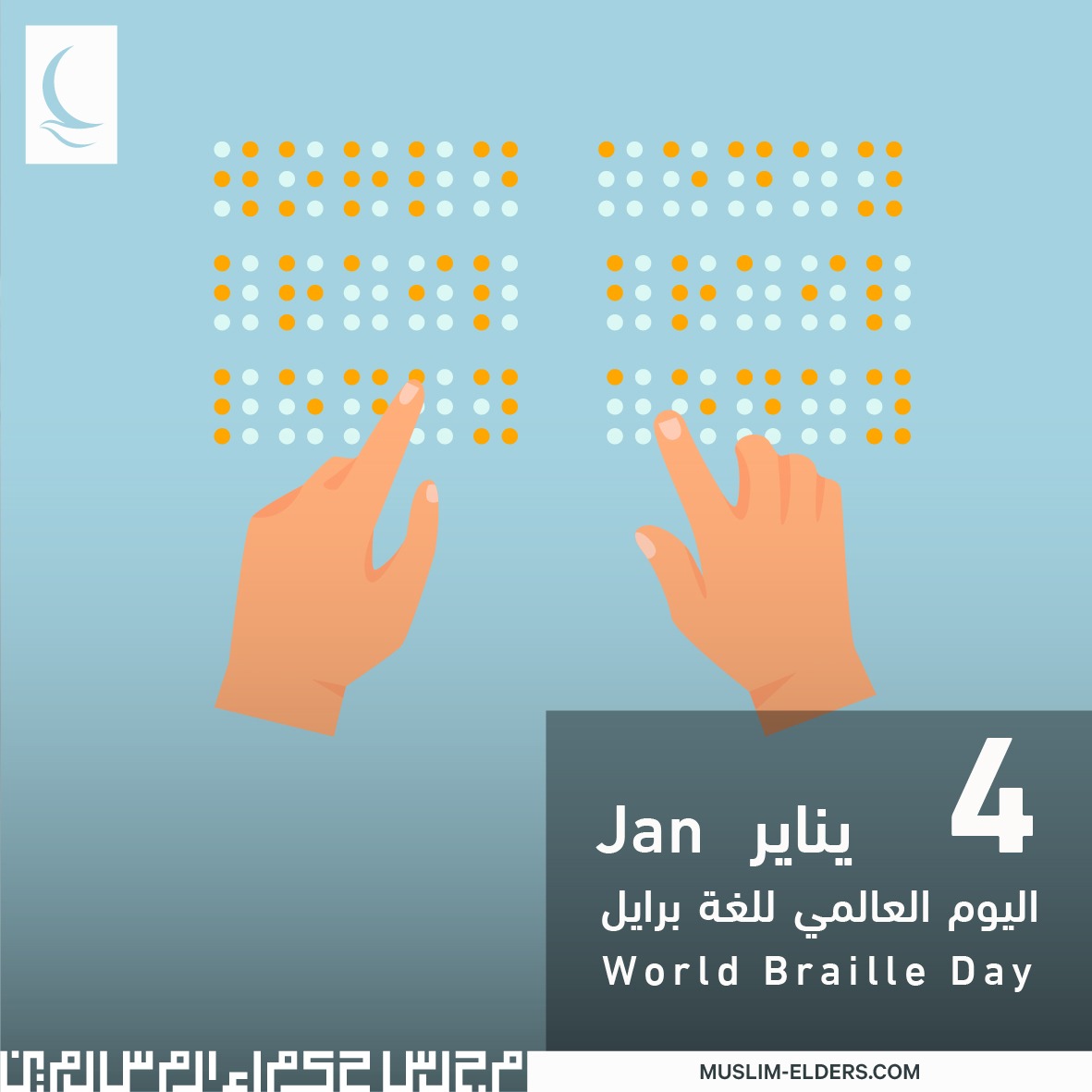On World Braille Day: The Muslim Council of Elders Highlights the Importance of Braille in Promoting Inclusion for Persons with Visual Impairments
The Muslim Council of Elders, led by His Eminence Prof. Dr. Ahmed Al-Tayeb, Grand Imam of Al-Azhar, has emphasized the crucial role of Braille as a bridge of communication connecting persons with visual impairments to diverse fields of knowledge and learning. The Council highlighted how Braille fosters positive societal integration, empowering these individuals to contribute their unique talents and skills to the advancement of communities and nations.
In a statement marking World Braille Day, observed annually on January 4th, the Council called for leveraging modern technologies and artificial intelligence to maximize the benefits of Braille. These efforts, it noted, would encourage persons with visual impairments to read, learn, and engage actively in their societies.
The statement also underscored Islam’s compassion for people of determination, especially persons with visual impairments, advocating for measures to simplify their daily lives and ensure they receive their rightful place in society. Islam honors them in both this world and the hereafter, promising them blessings and rewards. With their remarkable determination and unique abilities, many have achieved outstanding success in fields such as philosophy, management, and the humanities. Islamic history is filled with inspiring examples of their contributions.
The Muslim Council of Elders places great importance on promoting Braille as a tool for spreading the values of dialogue, tolerance, peace, and human coexistence. In collaboration with the Zayed Higher Organization for People of Determination, the Council translated the Document on Human Fraternity—signed by His Eminence Prof. Dr. Ahmed Al-Tayeb, Grand Imam of Al-Azhar, and His Holiness Pope Francis, Head of the Catholic Church, in Abu Dhabi in 2019—into Braille in Arabic, English, and Italian. This initiative ensures that the document is accessible to persons with visual impairments worldwide.

